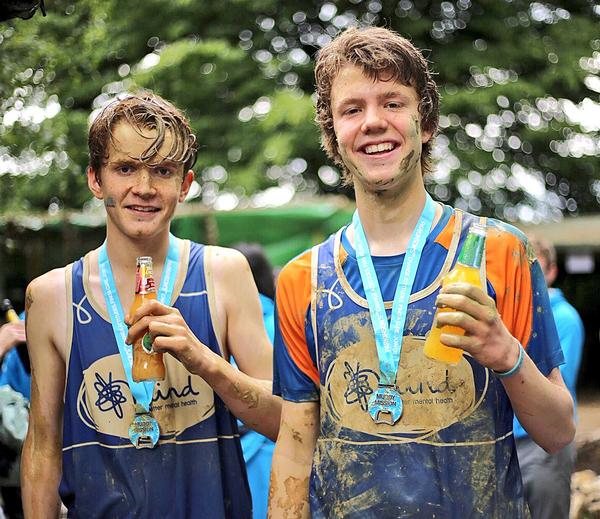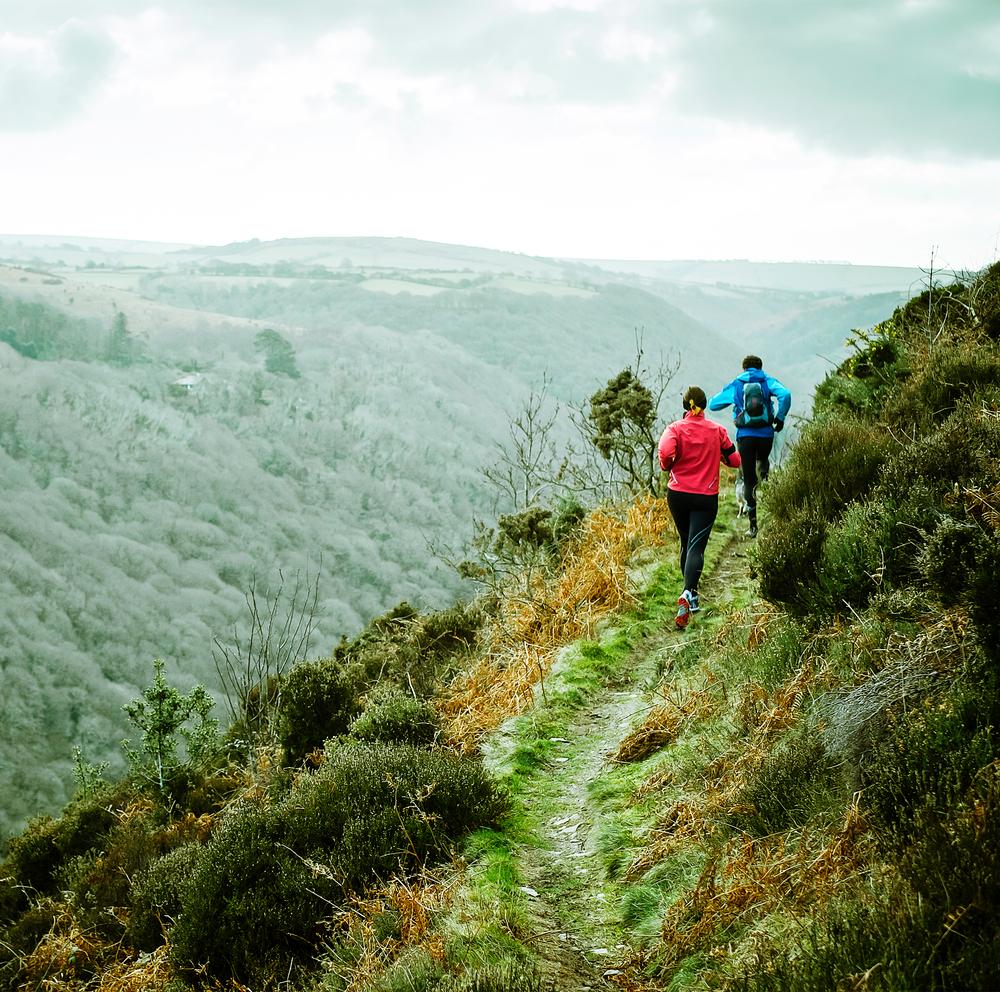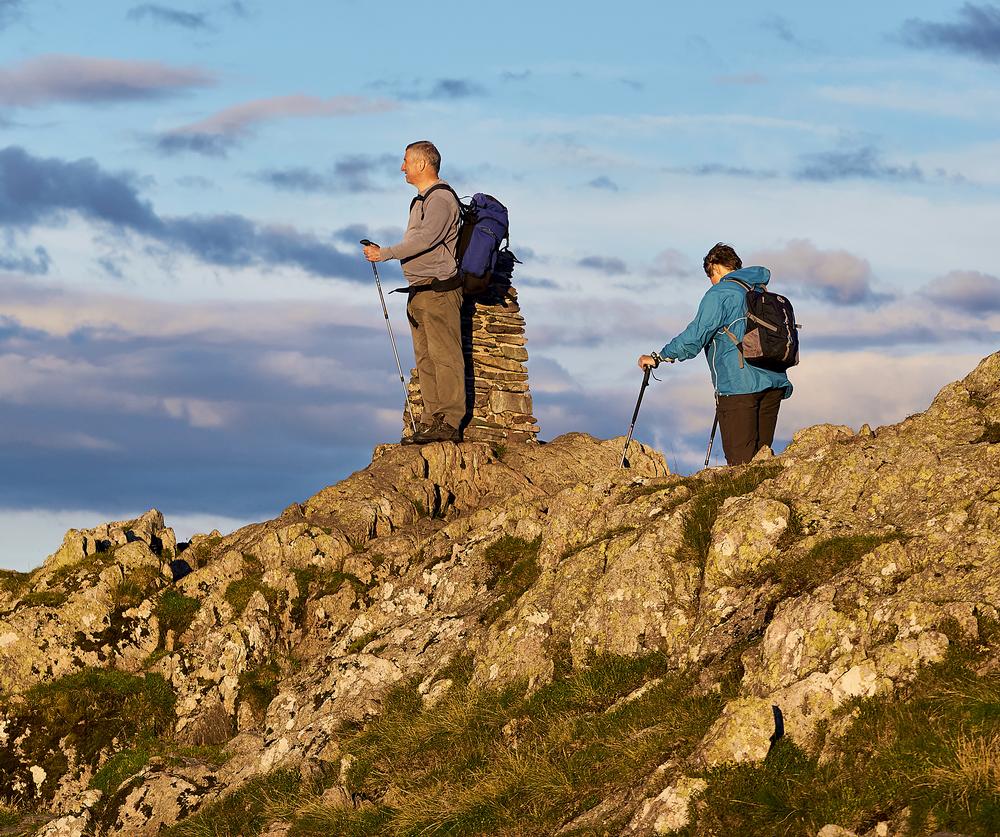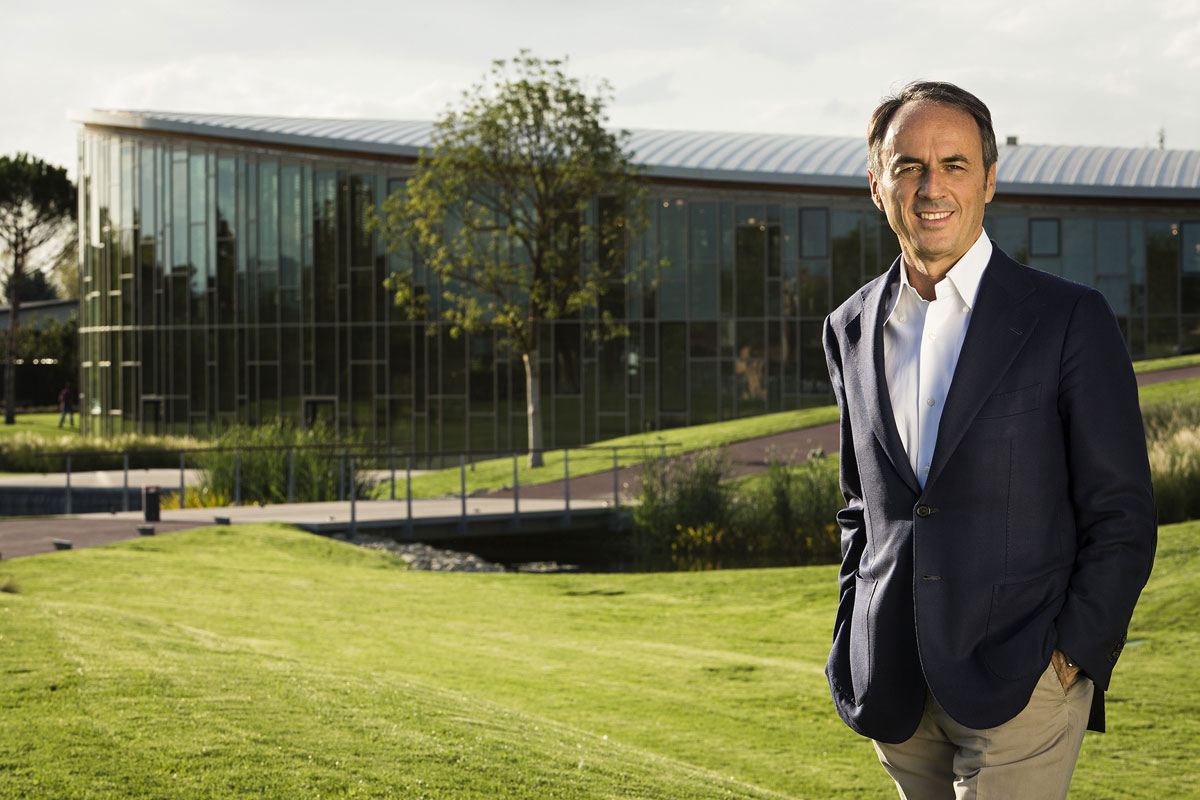Sweating tears
We’re squeamish about death and dying in the UK, but if we could overcome this barrier, the industry could reach out to help many people overcome their losses through sport and physical activity. Kath Hudson reports

When my husband lost his dad to cancer three years ago, he described the grief as being like having a dark cloud above him all the time. Counselling had no impact, and all that sadness would have stayed put if it wasn’t for his mountain bike. Pedalling hard, he sweated out his tears and began the process of healing. More recently, a friend who has just been widowed is doing the same trails on her bike. She says that sport has been the coping mechanism that enabled her to get through the dark days.
Everyone can benefit from the mental health effects of exercise, but particularly those who have been bereaved. Being active not only provides a chance to reflect, it also increases blood flow to the brain – which promotes clearer thinking – and triggers a number of beneficial neurotransmitters including endorphins, serotonin, dopamine, glutamate and GABA. Exercise also improves sleep and appetite, and gives a sense of routine and control: all things that are incredibly important when you are grieving.
Paralympic sprinter Dave Henson agrees that sport is an excellent way of getting life back on track after a trauma: “In hard times, sport is really good at signposting your life. If you give yourself a clearly defined goal, then you start to plan your training, your food and your targets, and before long you find that you’re planning your life again.”
Steve Phillips, a personal trainer, has supported a number of people through bereavement using exercise: “People who are suffering from grief often experience levels of depression and anxiety that can be all consuming and massively deep,” he says. “My experience is that exercise can help lift their mood, enabling the individual to see the light ahead. As one client described it: ‘I feel like I’m drowning, but when I do exercise it gives me the energy to lift my head out of the water and breathe’.”
Clinical experiences confirm this way of thinking. Sports psychologist at Glasgow Caledonian University Dr Paul McCarthy says that when people experience a significant loss they frequently lose the structure in their lives too. This loss of normality can lead to loneliness, depression and despair. Sport and exercise can be the path that leads them back to involvement in life.
“As human beings we tend to look into the future, and happiness research shows that people like structure and things to look forward to,” he says. “People suffering from depression lose their vitality, but sport and exercise can be a way of bringing it back.”
WALK AND TALK
For two years, the Greenwich branch of bereavement charity Cruse has been inviting people to walk as part of their therapy, through a partnership with another charity, Greenwich Get Walking – the Royal Borough of Greenwich’s health walk programme.
“The walks allow us to reach out to people who aren’t interested in counselling, particularly men in their 40s, 50s and 60s, who may perceive the need for counselling as weak,” says Phil Clarkstone, manager of Greenwich Cruse Bereavement Care. “We have noticed that, even for those who feel great despair, a combination of counselling and group walks enables them to shift through their various emotions quickly. It gives them a new interest and introduces them to other people.”
Many bereaved people have often spent time as a carer, which has led to them becoming socially isolated. The walks offer routine, a distraction and social opportunities, as well as gentle cardiovascular exercise. Knowing they have the walk booked in once, or even twice a week helps them to signpost their life.
Cruse volunteer and Greenwich Get Walking co-ordinator Ollie Golding says: “Bereavement really knocks people’s confidence, but regular exercise builds it back up again. Many of our clients are at a very low ebb and come with low expectations of what they can do, but frequently they become ambitious and use this as a stepping stone to doing more.”
Walks take place all over the borough, allowing for a broad reach and embracing people from different ethnic backgrounds who many not have counselling as part of their culture. “The walks make our service more accessible, provide a positive, holistic approach and a more open dialogue,” says Clarkstone. “We witness some incredible loneliness, and not just in old people, but the walks offer a community for those who haven’t felt part of one for a while.”
Penhaligon’s Friends, a charity that helps bereaved children, is not yet offering exercise as part of its therapy, but does recommend it to clients. “Running and aerobic activity is a great way of expending the energy that builds up for some children when they are experiencing heightened emotion,” says manager Julie Parker. “It also helps to occupy the mind and focus it on something other than their loss.”
REACHING OUT
There are many bereaved people out there who could benefit from the physical, emotional and social benefits of exercise, so how do sports providers reach out to them? Clarkstone says Cruse would welcome partnerships with the industry, as the charity has no access to facilities or equipment.
From the industry point of view, one barrier is the general awkwardness that many people feel in the company of someone who is grief stricken. Cruse has a mission to normalise grief and is offering training days nationwide to equip organisations with a basic awareness of how to talk to someone who has suffered a loss.
“There is a massive stigma around bereavement, but the fundamental thing is that it is totally normal. We will all be bereaved and we will all die,” says Clarkstone. “There are very few ‘don’ts’, but one is: don’t ignore it. Be accepting, allow people to be bruised and understand that a lot of carers will have the poorest health and have been socially isolated for a long time. They are at a low ebb and need to be given permission to look after themselves and to open up emotionally once again.”
For those facilities looking to reach out to this population, connections could be made through counselling groups, such as Cruse or Mind, GP surgeries or hospices. For individuals who are not used to exercising or who are elderly, gentle activity such as a guided walk or an exercise class with a focus on relaxation will be most appealing. But death is unselective and it would be wrong to assume that everyone who is bereaved is old or sedentary. There could be a twenty-something girl who has lost a parent, who would love to be back in a hockey team, or a middle aged man who might like to play or coach a rugby team. The secret is reaching out and giving them a warm welcome.
Programmes supporting Mental Health
Get Set to Go
Although Mind is focused on mental health conditions rather than bereavement, grief frequently triggers depression, anxiety or panic attacks. The charity recommends exercise as a way of boosting mood and strengthening mental wellbeing.
Hayley Jarvis, community programmes manager for sport at Mind says: “Exercise helps us to switch off from everyday pressures, relieves stress and gives us time to clear our heads. It also reduces levels of cortisol, the stress hormone that has been linked to a range of mental health problems. Research shows that outdoor exercise can be as effective for some people as antidepressants in treating mild to moderate depression and anxiety.”
Mind delivers Get Set to Go, a sports programme supported by Sport England and the National Lottery, which helps people overcome the barriers to exercise by choosing an activity that is suitable for them – enabling them to take the first step towards getting active.
State of Mind
The Rugby League started its own mental health programme in 2011, to help those suffering from mental health issues, such as depression and anxiety.
The State of Mind programme recognises the fact that depression kills: the biggest killer of men under 50 years old in the UK is suicide. Just one thing can hit them really hard, especially if they don’t talk about it, so the goal of the programme is to build mental fitness as well as physical fitness.
State of Mind takes the concept of rugby beyond a team, to create a community or family. The programme is open to those who want to either play or volunteer. In recent years it has expanded to include Rugby Union and other sports.
Available in the UK, Ireland and Australia, the sessions are delivered free of charge through the club network. The programme’s website also provides important information for people suffering from mental health challenges.




Recreation Assistant
Duty Manager (Dry)
Swim Teacher
Swim Teacher
Chief Executive Officer, Mount Batten Centre
Swim Teacher
Swimming Teacher
Swimming Teacher
Company profile

Featured Supplier

Property & Tenders
Company: Knight Frank
Company: Belvoir Castle
Company: AVISON YOUNG
Company: London Borough of Bexley
Company: Forestry England












